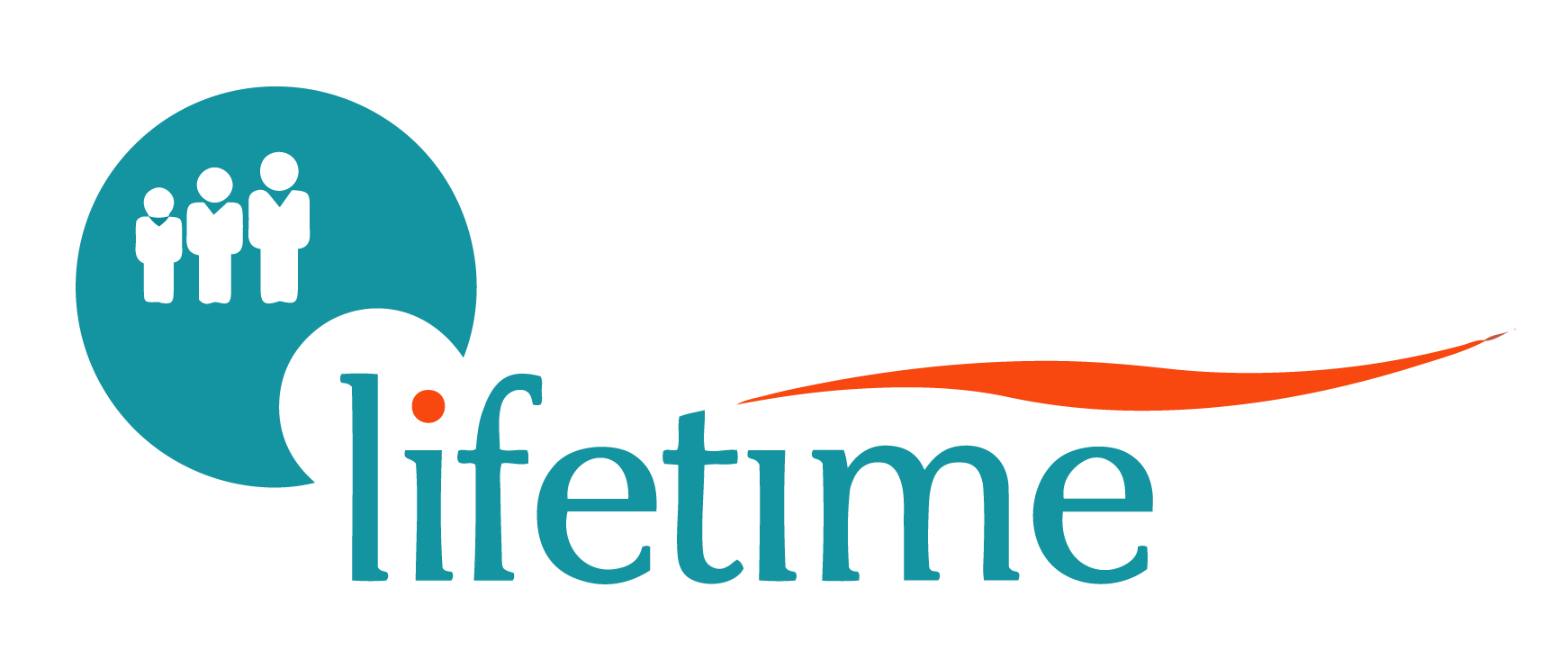2016 was one very interesting year. On one level it may seem a big leap to go from Brexit and the US elections to talking about financial education, but given the huge leaps in share prices and the fluctuations in currency – and the potential for a significant upward rise in inflation in 2017 – maybe it isn’t such a leap at all.
We already know that finance is a worry for many people. Research suggests that 46 per cent of employees frequently worry about their finances – and that one fifth feel that their financial situation impacts negatively on their work performance. In ‘interesting times’ those figures can only get worse. Already 80 per cent of employees feel dissatisfied with their employer’s efforts to manage their finances. When asked what more employers should be doing, 91 per cent feel they should be doing more to help them save for retirement, 56 per cent help establish an emergency fund, and 52 per cent help them save to pay for their children’s education.

So what can be done to improve those figures and increase employee financial wellbeing? The answer is financial education.
But don’t just take my word for that. Recent investigations by CFO Research and Prudential Finance among finance directors shows that financial education is a major contributor to improving business performance. Eight out of 10 finance directors felt their companies would benefit from having a workforce with a higher level of financial wellbeing – and 84 per cent felt that it was important for their employees to be educated in the key aspects of financial wellbeing. And it isn’t just about workplace pensions. A huge 96 per cent said that in the future they’d also like employers to cover staff benefits and personal finance as well.
Even without the recent turmoil in the markets, it’s not just a question of employees asking for the basics of financial education, but there is also a clear understanding that real benefits – in terms of retention and employee satisfaction - will follow for those companies who address this important employee issue.
So where should you start?
Clearly they need to have a proven expertise in personal finance – and the ability to deliver that knowledge in the most appropriate way, be that a high level one-to-one with a senior executive or a seminar roadshow if you have employees across a number of locations. Between those two extremes there could be smaller scale seminars, online programmes, even interactive workshops. Your chosen supplier should be able to advise on the most approproiate methods and deliver the solution (or solutions) that are most effective for your situation.
In our experience it’s best to let the employees themselves choose the subjects to be covered. After all, it’s all about empowerment – about giving them the knowledge, tools, and skills to take control of their own financial wellbeing. At the same time suppliers also need to be able to address issues as they arise, or advise you on additional subjects that may have an impact on employees, such as capital gains.
Finally, you need trust. This is essential to the relationship between you and the educational provider. They need to be sensitive and astute enough to understand and deal with the real financial issues faced by everyone in your organisation. And it isn't just about the technical knowledge, but the empathy and understanding to deliver that knowledge sensitively, be that in a one-to-one situation or a group seminar.
The benefits of financial education are clear cut. The Money Advice Service reports 97 per cent of employees view financial education as a valuable part of their employee benefits package.
In 2017 times are almost certainly set to become even more ‘interesting’, but with successful financial education your employees will not only be in a position to understand the potential impacts, but they’ll even have the skills and tools to handle them more effectively. As a result, they’ll also be much happier, much more productive and far more committed. A huge benefit for them, but an equally successful outcome for your whole organisation.
Richard Balaes is managing director of AAG Financial Education









